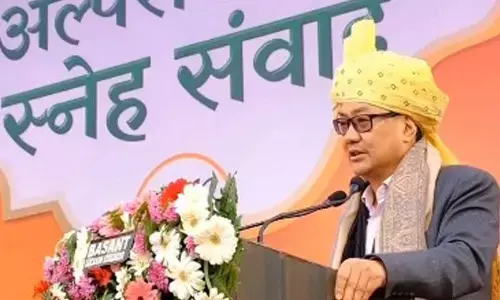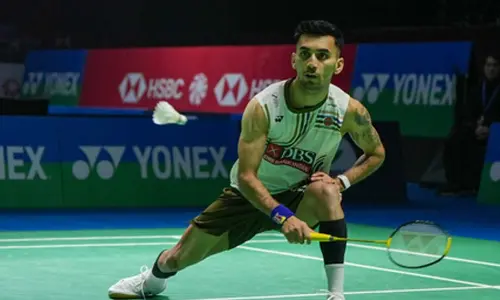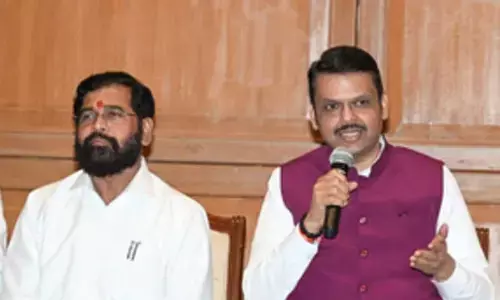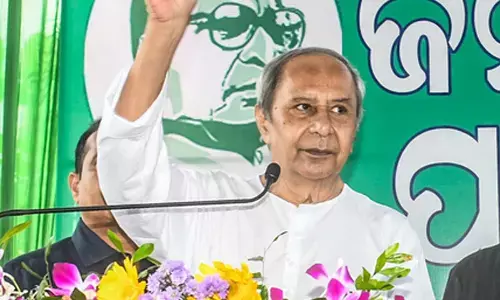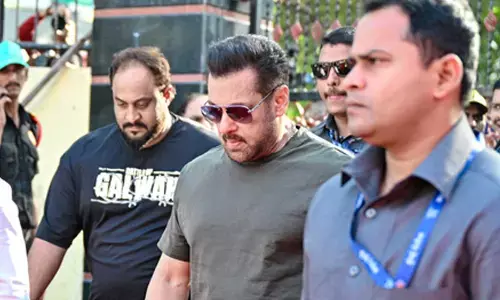Time for Parliament to act
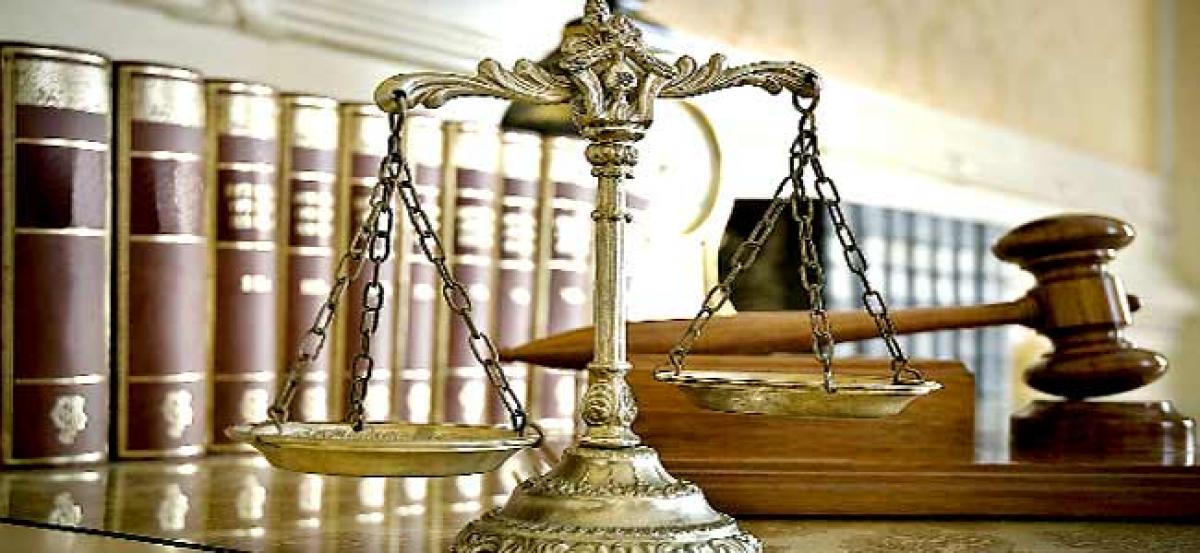
It is often said, “all are equal in bathroom” thereby simply meaning being a human being we are all fallible at one time or the other. Therefore, it would be too much to
It is often said, “all are equal in bathroom” thereby simply meaning being a human being we are all fallible at one time or the other. Therefore, it would be too much to expect from any living human being of whatever status or stature to expect a predetermined, dignified and decorated behaviour at all the times. History is replete with such erratic, irresponsible and depreciable behaviour by the people in power or position upon whom the onus to make the society ‘ideal’ rested and they failed miserably!
This matter-of-fact preface is not intended to bail out the ‘Chokdi’ (rectangular) of four exalted judges of the Supreme Court of India viz. Justices Chelmeswara, Ranjan Gogoi, Madan Lokur and K.M Joseph but only to pity on them.
For whatever may be the reasons for their public outbursts their act of addressing a media conference on January 12 cannot be pardoned.
They should and must be punished not only for the Contempt of their own Court, as has been duly provided in the Contempt of Court Act, 1971, but also be impeached by Parliament for belittling the judiciary, accusing the Chief Justice of India in full public glare and above all, shaking the very trust of the citizens of the country in judiciary.
True, any legal action against these four judges will take unduly long time and impeachment may not materialise at all, thanks to the toothless Judges Act, but there is certainly a way out and it is, the Ordinance route. The government must immediately promulgate the Judges (Amendment) Ordinance with retrospective effect to punish the ‘undisciplined’ judges within a short-time frame. By doing so, a message would go loud and clear throughout the world that people of this biggest democracy are awake to their rights and they know how to set right erring elements in any walk of public life, even including those who sit in the highest judiciary.
Unfortunately, both the ruling NDA congregation and the feeble Opposition seem to be busy in reaping ‘political crop’ out of this unsavoury incident. While the Bharatiya Janata Party (BJP) and its allies are blissfully playing fiddle like Nero did when Rome was burning terming the gross indiscipline of the four judges as ‘their internal matter,’ Opposition parties like Congress, CPI (M) and others who were beaten to pulp during 2014 general elections by the people consider this matter as a godsend golden opportunity to settle their political score with the ruling combine. In consequence, the errant judges will have a last laugh.
Indeed, the maxim, power corrupts, and the absolute power corrupts absolutely squarely applies to our pillars of democracy. When in 1973, in the Keshavanand Bharti’s case the apex court drew the lines of limitation for Parliament, saying that under Part XX, Article 368 of the Constitution, Parliament has the power to amend the Constitution, but it cannot distort, damage or alter the basic features of the Constitution under the pretext of amending it. This verdict was delivered by seven out of thirteen judges, including the then Chief Justice Sikri.
Interestingly, the apex court thought it fit to apply breaks by the aforementioned majority judgement notwithstanding there being a clear declaration about the sovereignty of Parliament in the matter of amendment to the Constitution. Article 368 (5) reads, “For the removal of doubts, it is hereby declared that there shall be no limitation whatever on the constituent power of Parliament to amend by way of addition, variation or repeal the provisions of this Constitution under this article.” Subsequently, this section has been declared invalid by the Supreme Court in Minerva Mills Ltd. And others Vs. Union of India and others. (1980) 2 SCC 591.
Thus, the tug of war had already begun when Keshavananda Bharti case was decided abrogating the powers of Parliament. The Constitution grants power of ‘judicial review’ to the Supreme Court through Articles 13, 32,226 and 245. In turn, the then powerful Prime Minister imposed Emergency perhaps to show the judiciary that the Executive too, was equally powerful.
The essence of this mention is that all the three pillars of our democracy are powerful, independent yet not without limitations. They are all accountable to the people.
People bless or punish those who are in Executive or Legislature during elections, but there is no such mechanism for the Judiciary. Therefore, before some enlightened citizens file cases under criminal laws/PIL against these four judges for their acts of omissions and commission, Parliament should in one voice act against them in the right earnest.
Justice to victims of anti-Sikh riots
In a classic case of delay in delivering justice, the Supreme Court in a bid to render justice to the families of mercilessly butchered Sikhs in the aftermath of assassination of former Prime Minister, Indira Gandhi, on January 11 appointed a three-member Special Investigation Team (SIT) with the retired judge of Delhi High Court, Justice S N Dhingra as the head and retired IPS officer Rajdeep Singh and serving IPS officer Abhishek Dular as members.
No doubt it was nothing less than genocide where some 2,733 helpless Sikhs, young as well as old, were killed in Delhi alone. They were mercilessly killed for no fault of theirs except that the accused killer of Indira Gandhi was a Sikh!
Over the years since 1984 when the mayhem took place, several SITs have been constituted and the accused are identified. Still, 186 anti-Sikh riot cases which were earlier closed, now will be opened and the newly formed three-member SIT will investigate afresh.
Obviously, the case has many political overtones. The accused are the heavyweights in Congress party of which paradoxically the assassinated former Prime Minister was an unquestionable leader.
Instead of speeding up the investigation and ensuring that the accused are appropriately punished, the party for its own reasons not only shielded them but also rewarded them with plum positions including giving some of them Ministerial berths.
This is not a new phenomenon for Congress. Way back in 1966 when the then Prime Minister Lal Bahadur Shastry died in Tashkent under suspicious circumstances, hardly any serious attempt was made by the ruling Congress government to unmask the real cause of his death, let alone, bringing the perpetrators of crime to books.
Hope, this would be the last nail in the coffins of the criminals involved in the heinous crime committed way back in the year 1984 notwithstanding all the evil designs made to thwart the verdict by the vested interests.








